In the rugged landscapes near Dubois, Wyoming, paleontologist David Lovelace and his team are making groundbreaking discoveries that are reshaping our understanding of ancient life, Nature reports.
Through careful excavation and close community collaboration, the team is uncovering fossils that have remained hidden for over 230 million years.
At the heart of these discoveries is a fossil site that has yielded the remains of dozens of Buettnererpeton bakeri, a species of ancient amphibians known as temnospondyls. These fossils, embedded in a single rock slab from a mass mortality event, offer new insights into prehistoric ecosystems and the biology of these now-extinct creatures.
Lovelace, a researcher affiliated with the University of Wisconsin Geology Museum, began excavations at the site in 2013. Since then, his team has returned annually to continue the meticulous work of recovering and studying the fossils.
Much of this research takes place on or near the boundary of the Wind River Reservation, home to the Eastern Shoshone and Northern Arapaho Tribes. In recent years, the collaboration has grown beyond scientific inquiry. In 2022, students from Fort Washakie Schools joined the field crew, learning firsthand how fossils are uncovered and interpreted. The project also involved tribal Elders in the naming of three new fossil species—an initiative that led to the first scientific names derived entirely from the Shoshone and Arapaho languages.
The newly named genera include Beesiiwo cooowuse, a small reptile; Ninumbeehan dookoodukah, an amphibian; and Ahvaytum bahndooiveche, the oldest known dinosaur from the Northern Hemisphere. These discoveries not only enrich scientific knowledge but also celebrate and preserve Indigenous languages and heritage.
For Lovelace, fostering deeper community connections is central to the future of science.
“It’s great to watch students discover something for the first time,” he says, “realizing that they are helping to uncover the story of this ancient world.”

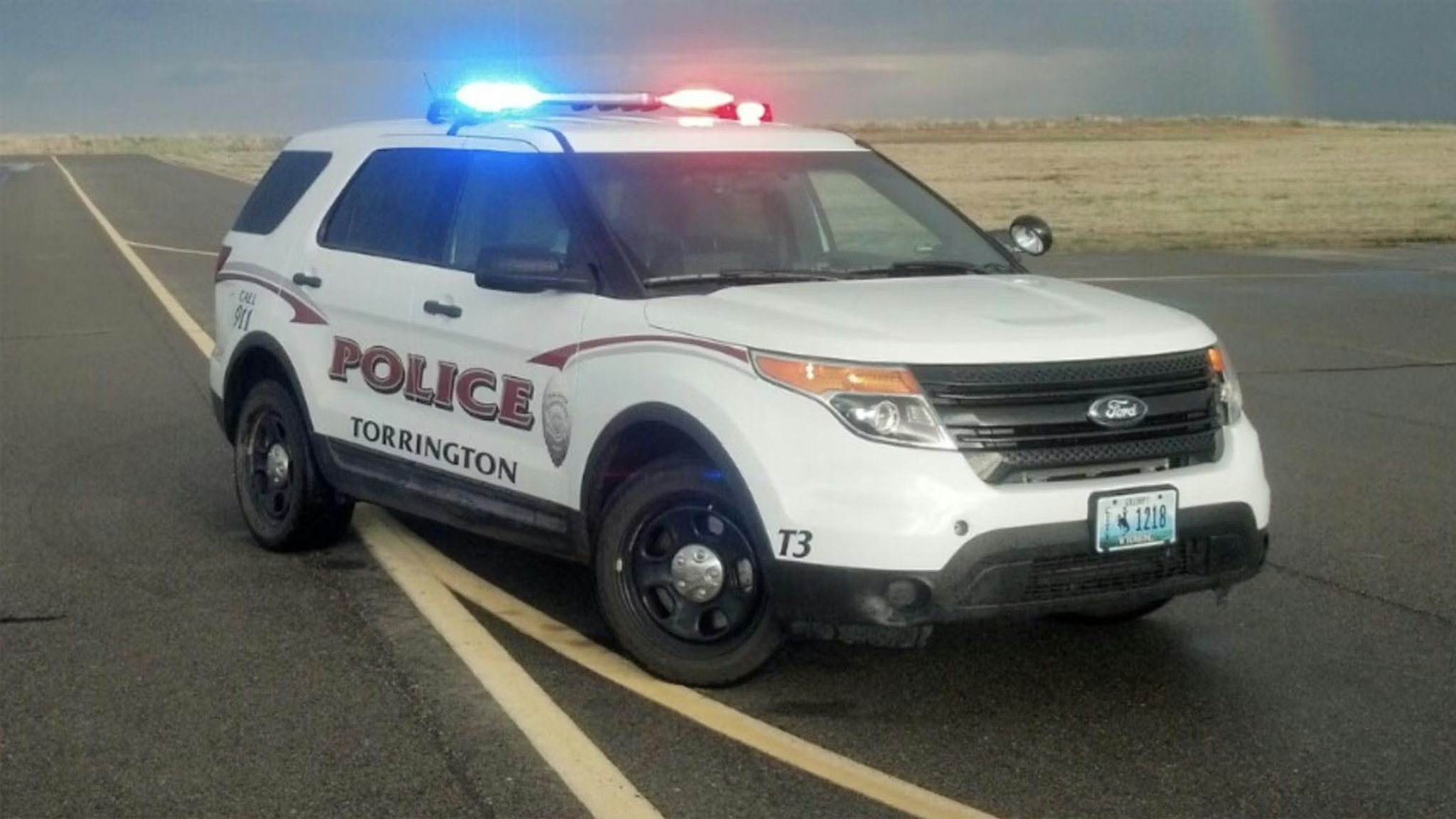



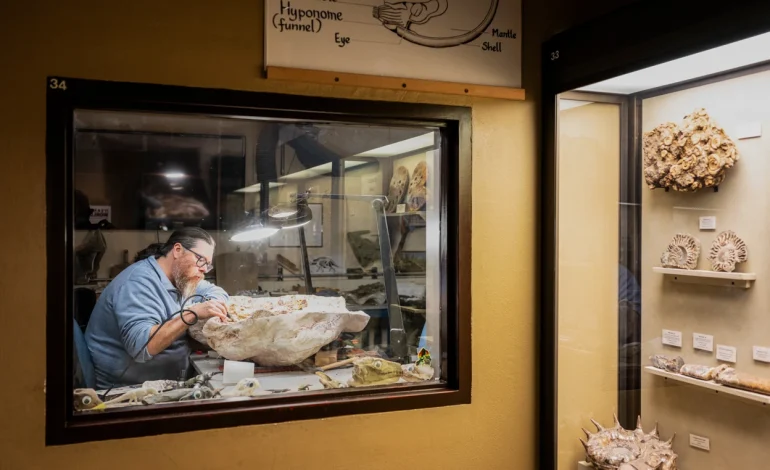

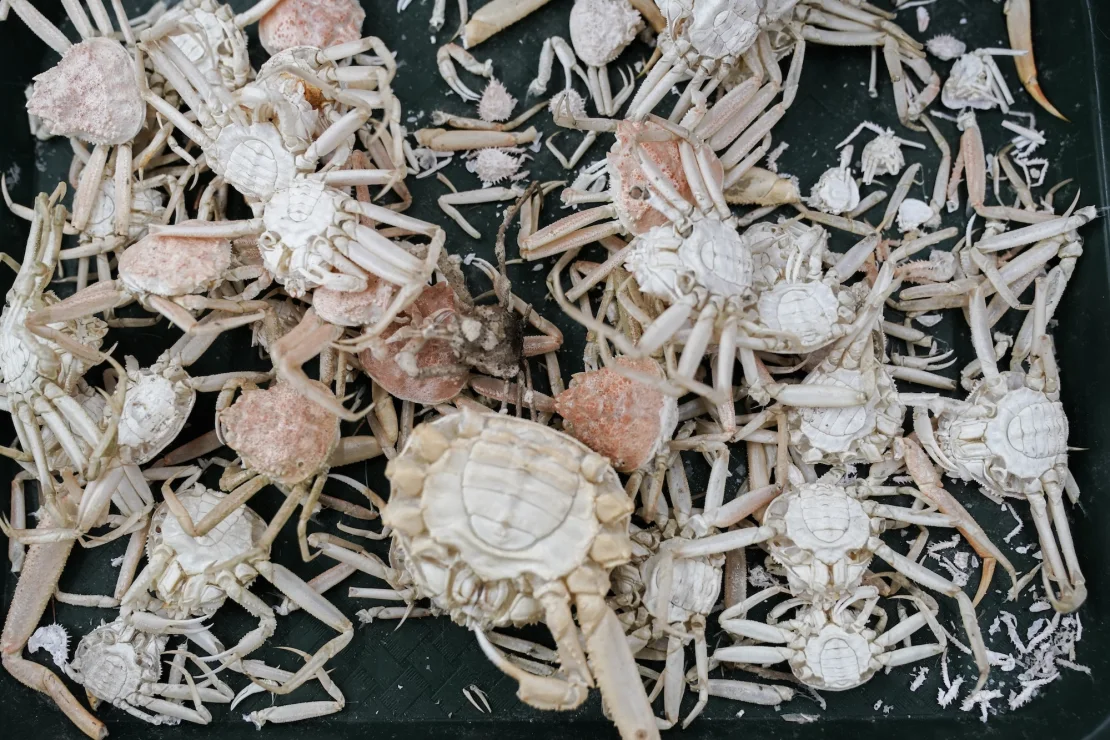
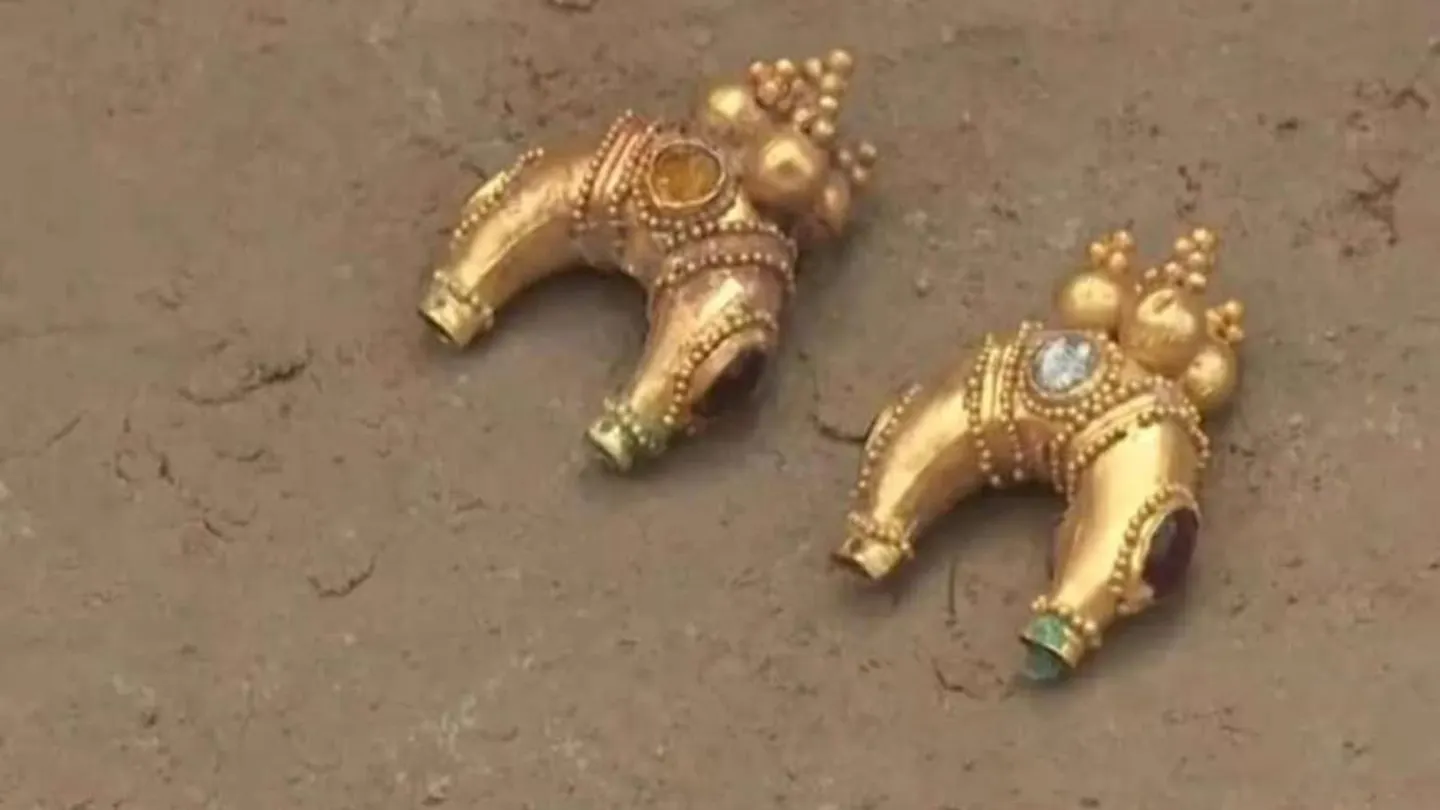
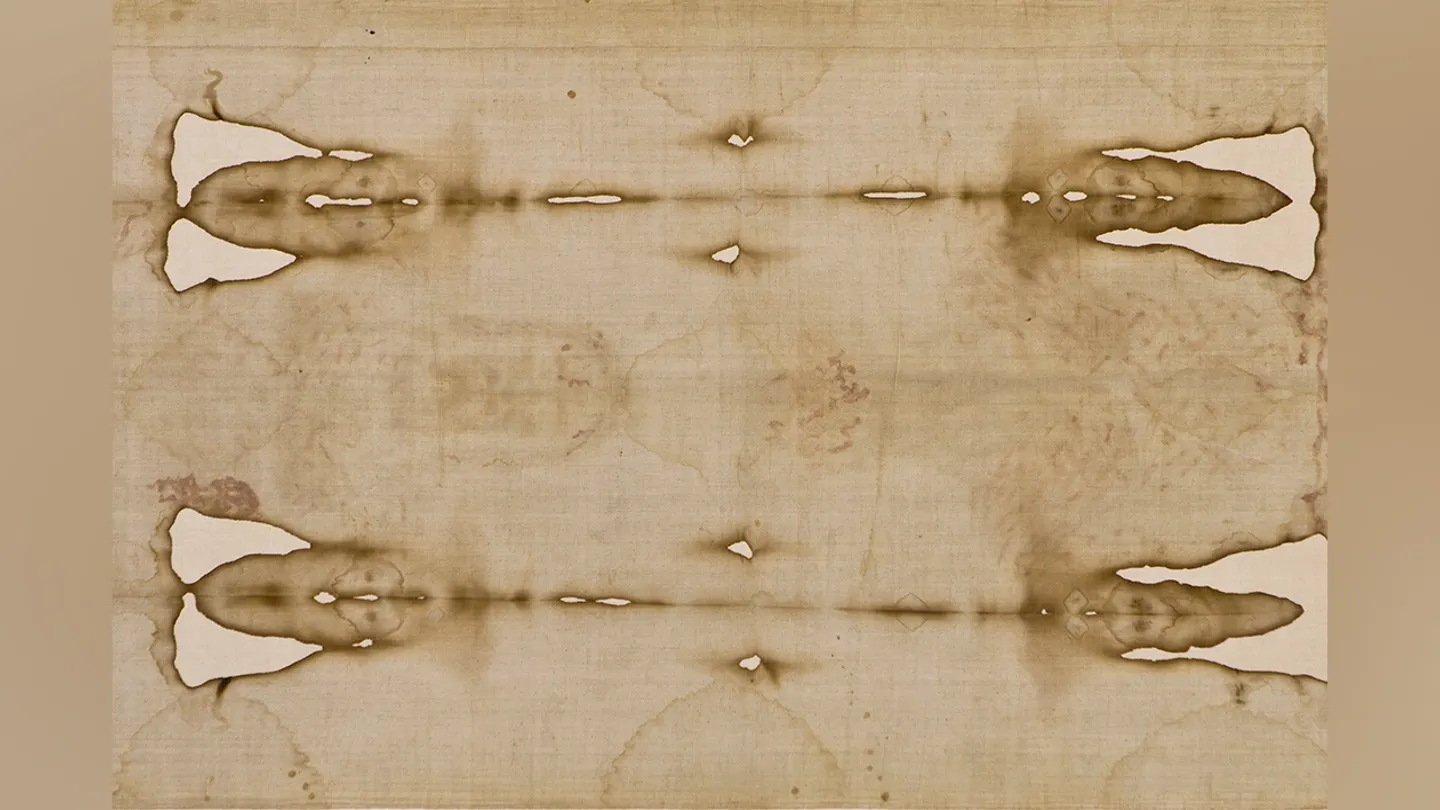
The latest news in your social feeds
Subscribe to our social media platforms to stay tuned